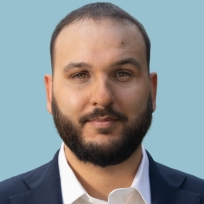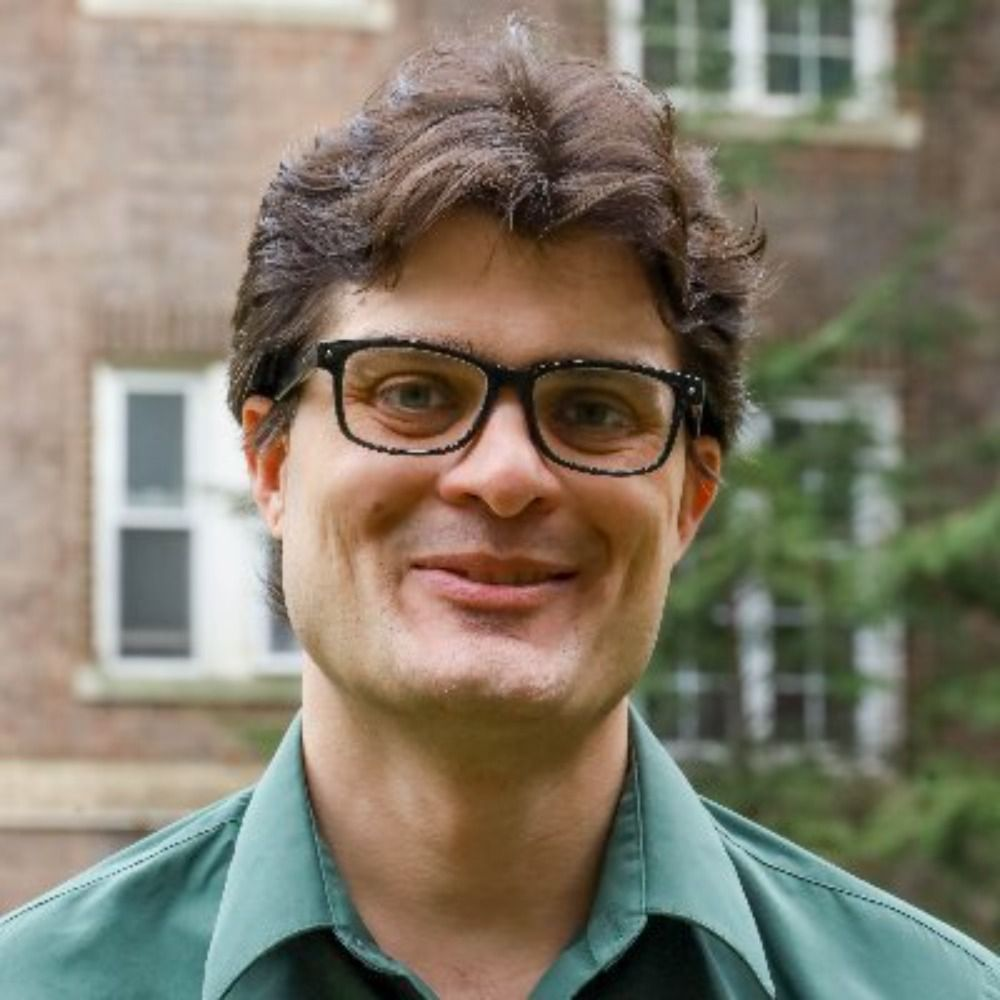Roosevelt Institute Welcomes New Director of Democratic Institutions and Director of Stratification Economics
New York, NY—As economic policy continues to drive public debate, the Roosevelt Institute’s think tank is excited to announce the addition of two highly accomplished leaders to its growing team.
 Bilal Baydoun joins the Roosevelt Institute as its director of democratic institutions. In this new role, he will oversee research on improving democratic governance, strengthening democratic institutions, and curbing the corrosive influence of private power on democracy. Before joining Roosevelt, Bilal served as the director of policy and research at the Groundwork Collaborative. He has held senior roles in government at the state and local levels and has contributed as an editor at The Appeal. Bilal holds a BA from the University of Michigan and an MPP from the Ford School of Public Policy, where he was the first Gerald R. Ford Presidential Fellow.
Bilal Baydoun joins the Roosevelt Institute as its director of democratic institutions. In this new role, he will oversee research on improving democratic governance, strengthening democratic institutions, and curbing the corrosive influence of private power on democracy. Before joining Roosevelt, Bilal served as the director of policy and research at the Groundwork Collaborative. He has held senior roles in government at the state and local levels and has contributed as an editor at The Appeal. Bilal holds a BA from the University of Michigan and an MPP from the Ford School of Public Policy, where he was the first Gerald R. Ford Presidential Fellow.
“It’s clear what the half-century-long assault on public institutions has wrought on our democracy, and I am grateful to work alongside some of the brightest minds in progressive policy on solutions that strengthen democratic governance, participation, and resiliency against the threats of corporate power and authoritarianism,” said Baydoun.
 Stephen Nuñez joins the Roosevelt Institute as its director of stratification economics. In this new role, he will lead research on systemic inequalities in the economy and the ways in which public policy has perpetuated them. Stephen is an economic sociologist with almost 15 years of experience working in both the think tank and policy evaluation worlds. He previously led research on cash assistance policy for the Jain Family Institute and served as principal investigator and impact lead on various workforce, housing, and financial empowerment evaluations at the education and social policy research organization MDRC. He has a PhD in sociology, an MA in economics from Stanford University, and an AB from Princeton University.
Stephen Nuñez joins the Roosevelt Institute as its director of stratification economics. In this new role, he will lead research on systemic inequalities in the economy and the ways in which public policy has perpetuated them. Stephen is an economic sociologist with almost 15 years of experience working in both the think tank and policy evaluation worlds. He previously led research on cash assistance policy for the Jain Family Institute and served as principal investigator and impact lead on various workforce, housing, and financial empowerment evaluations at the education and social policy research organization MDRC. He has a PhD in sociology, an MA in economics from Stanford University, and an AB from Princeton University.
“Many of our systems are fundamentally biased toward the rich and powerful, at the expense of everyone else. I am incredibly excited to tackle these inequalities in the economy and to use my training as a sociologist to inform my work as I collaborate with my colleagues to create a more just society,” said Nuñez.
“I am delighted to welcome Bilal and Stephen to the Roosevelt Institute,” said Suzanne Kahn, vice president of Roosevelt’s think tank. “They both bring a wealth of experience and energy that will elevate our work at a critical moment to build a stronger and more equitable economy and democracy.”